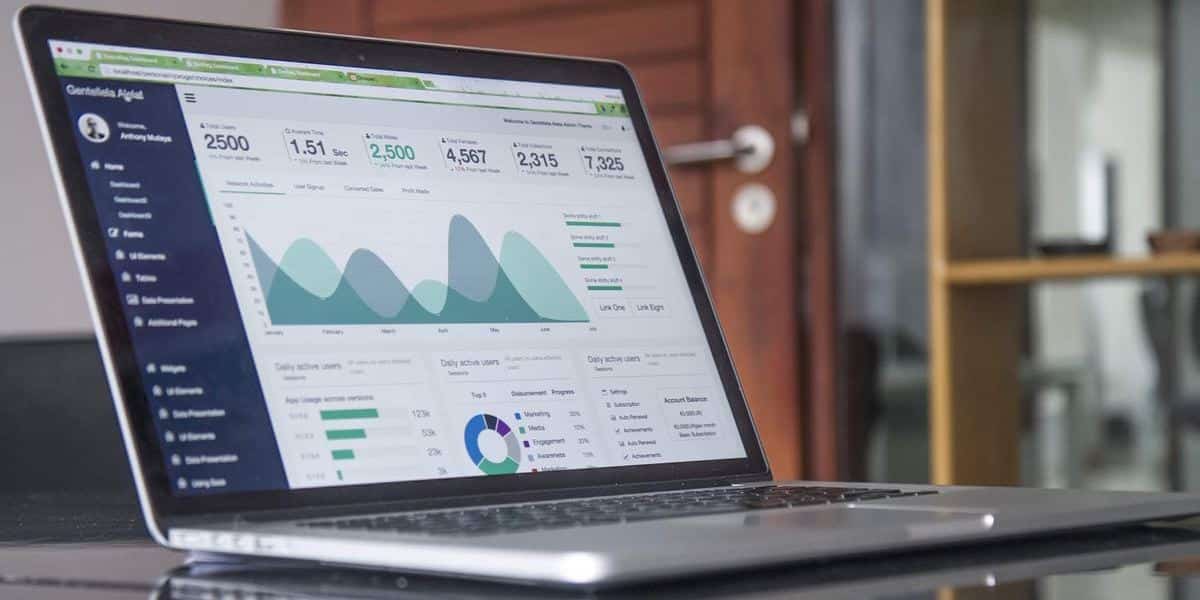
Speech recognition and artificial intelligence (AI)
20 November 2019
Unsecured data in the cloud – a risk to company
2 December 2019
Data Science, or simply data analysis, is still evolving as one of the promising industries for qualified IT professionals. Today, data specialists understand that they need to go further than traditional skills in analyzing large amounts of data, data mining and programming skills. To discover useful data for their organizations, data scientists must master the full spectrum of the data science lifecycle and have a level of flexibility and understanding to maximize returns at every stage of the process.
What Data Science is needed for?
The data that we had was mostly structured and took up less space. Unlike data in traditional systems, today most data are unstructured or partly structured. According to the statistics, more than 80% of the data is unordered. This data is generated from various sources, such as financial logs, text files, multimedia forms or sensors. Simple business tools are not able to process such a large amount and diversity of data. Therefore, we need more complex and advanced analytical tools and algorithms to process, analyse and extract meaningful insights from them. This is one of the main reasons why Data Science is useful but it is not the only one. Data analysis helps in many areas and cases. One of them is broadly understood marketing. Understanding the exact requirements of your customers based on existing data such as customer browsing history, shopping history, age and income. With the variety and size of available data it is much easier to make a precise and effective model and recommend products to your customers. Data science can also be used for predictive analysis. The amount of available data is huge, and good analysis helps to build much better predictive models. They can predict things like weather or various natural disasters, but not only. Such precise predictive models allows to take preventive measures in advance.
Basics od knowledge about data
Data scientists should be familiar with four basic areas that are related to Data Science:
- Business spect
- Statistics and probability
- Information technology and programming
- Interpersonal communication
Of course, in addition to these four basics, there are other skills and types of knowledge that specialists in this area should possess.
Based on these pillars, a data scientist is a person who should be able to use existing data sources and create new ones when needed to obtain relevant information and practical insights. These insights can be used to make business decisions and changes to achieve business goals. This is done through specialistic knowledge in the field of business, effective communication and interpretation of results, and the use of all relevant statistical techniques, programming languages, software packages and libraries, data infrastructure and so on.
What does Data Scientist really do?
Over the past decade, data analysts have become indispensable resources and are present in almost all organizations. These specialists are people with high technical skills, capable of building complex quantitative algorithms to organize and synthesize large amounts of information used to answer questions and guide strategy in their organization. In addition, they have the communication experience and leadership qualities needed to provide results for different parties in an organization or company.
Key technical tools and skills in this industry are:
- R
- Python
- Apache Hadoop
- MapReduce
- Apache Spark
- Databse NoSQL
- D3
- Apache Pig
- Tableau
- iPython
- GitHub
Stages of work in Data Science?
Discovery: Before starting a project, it is important to understand the various specifications, requirements, priorities and required budget. You must have the ability to ask the right questions. Here you assess whether you have the required resources in terms of people, technology, time and data to support the project. At this stage, you also need to formulate a business problem and formulate initial hypotheses to test.
Data preparation: In this phase you need to do analyzes throughout the duration of the project. You must explore, process and condition data before modeling. In addition, the data must be polished. You can use R to clean, transform and visualize data. This will help you see outliers and establish a relationship between variables. After cleaning and preparing the data, it’s time for exploratory analysis. Let’s see how you can achieve it.
Model planning: Here you will specify the methods and techniques for drawing relationships between variables. These relationships will form the basis for the algorithms that will be implemented in the next phase. You will use exploratory data analysis using various statistical formulas and visualization tools.
Model building: At this stage, you will develop data sets for training and testing purposes. You will think if existing tools will be enough to run models or will require a more reliable environment (such as fast and parallel processing). You will analyze various learning techniques such as classification, association and grouping to build a model.
Operationalization or putting theory into practice: At this stage, you provide final reports, briefings, code and technical documents. In addition, sometimes a pilot project is also implemented in a real-time production environment. This will provide a clear picture of performance and other related limitations on a small scale before being fully implemented.
Showing results: At this stage, it is important to assess whether you’ve achieved the goal you planned in the initial phase. So in the last phase, you identify all key findings, communicate with stakeholders, and determine if the project results are a success or failure based on the criteria developed in the initial phase of the discovery.
Data specialists have an extremely important and demanding role that can have a significant impact on the company’s ability to achieve its goals, whether financial, operational or strategic.
The company collects huge amount of data that is neglected or underused most of the time. This data, by significantly extracting information and discovering practical insights, can be used to make key business decisions and make significant business changes. They can also be used to optimize customer success, followed by acquisition, retention and growth. Data researchers can have a great positive impact on a company’s success, and sometimes inadvertently cause financial losses, which is one of the many reasons why hiring a top-class data specialist is a key.


